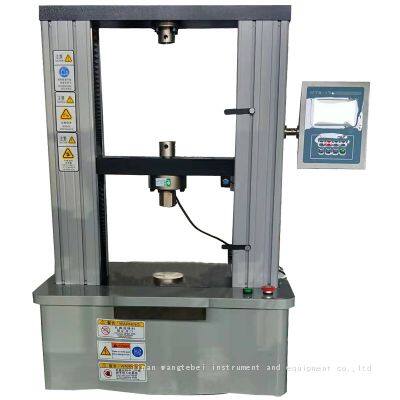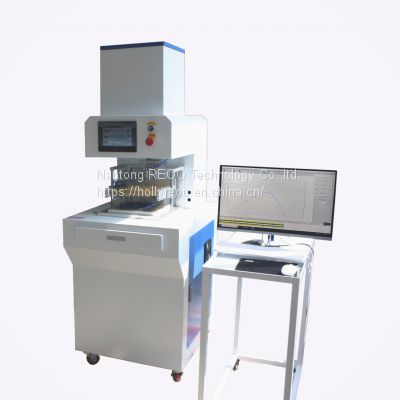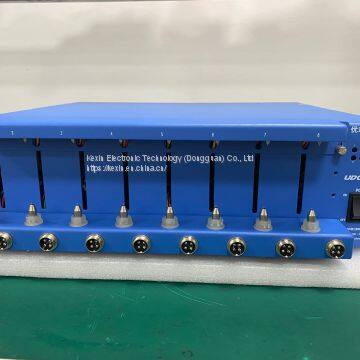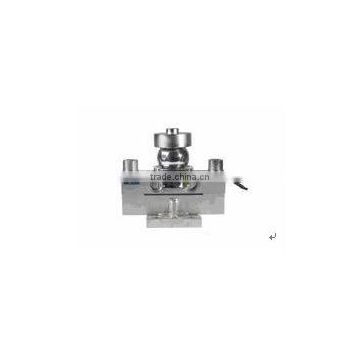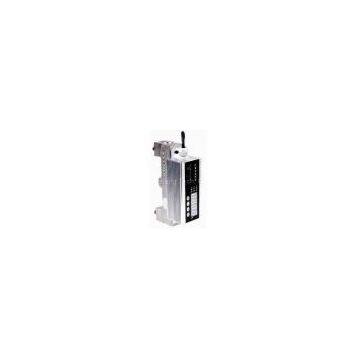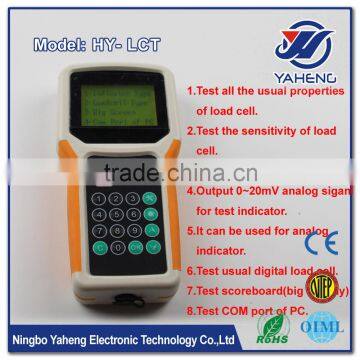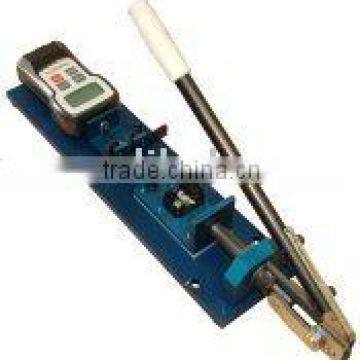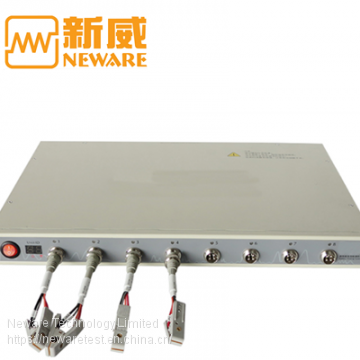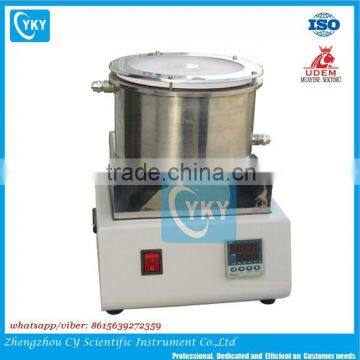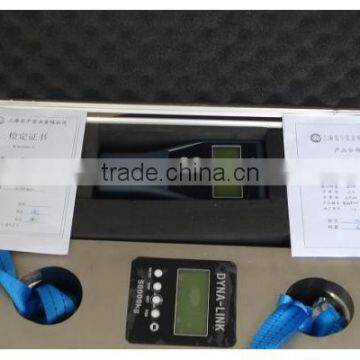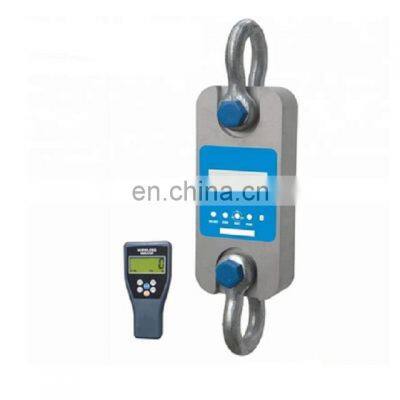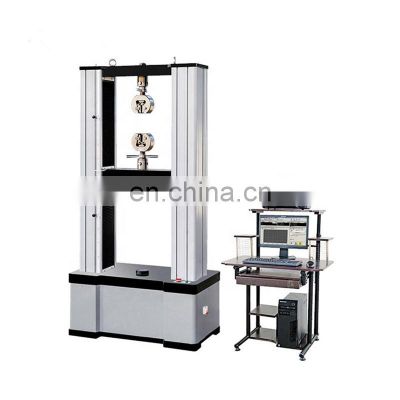cell tester Insights & Buyer's Guide
Explore beyond the horizon where accuracy and reliability meet with our cutting-edge cell tester. From professionals in the energy sector to lovers of consumer electronics, our battery cell tester ensures unparalleled accuracy for all purposes. Learn how our product improves maintenance and testing of batteries so that their performance and lifespan are maximized.
What is a Battery Cell Tester and How Does It Work?
Understanding the Basics of Battery Testing
A battery pack and cell tester evaluates individual cells and battery packs, assessing their performance and health. These testers intelligently measure vital parameters, like voltage, internal resistance, and discharge capacity. For lithium-ion, NiMH, and NiCd batteries, a battery tester can provide insights to optimize battery life and performance. Properly understanding these parameters is essential in maintaining the efficiency, safety, and overall effectiveness of battery systems.
How a Battery Tester Measures Voltage and Capacity
The primary functionalities of a battery tester are its measurement of voltage and capacity. A battery's performance is gauged by its controlled load application. Evaluating a battery's discharge capacity also requires recording its voltage throughout the process. Such meticulous scrutiny helps detect problems and guarantees that the battery is functioning within its ideal parameters, which decreases the likelihood of device failures while increasing dependability.
The Role of a Tester in Battery Maintenance
Proper battery care is crucial for sustaining effectiveness and safety over time. Maintaining a battery cell tester is key in this regard, as it provides data critical for making well-informed maintenance choices. Regular testing allows users to identify subtle signs of degradation so corrective actions can be taken ahead of any substantial problems. This approach not only improves safety but also optimizes cost efficiency.
Why Use a Battery Tester for Li-ion and Other Battery Types?
Advantages of Testing Lithium-Ion Batteries
The use of lithium-ion batteries is common with high cycle life and energy density. Even with these benefits, they need to be monitored closely for safety and performance. Lithium-ion battery testers grade and diagnose lithium cells, giving information about the state of the batters and their capacity. The precision gained from oilfield software applications ranging from automotive to consumer electronics is critical.
Ensuring Optimal Performance with a Battery Cell Tester
Regular testing and monitoring of batteries is key in achieving peak performance. A battery cell tester aids in maintaining the equilibrium of charge and discharge cycles of the battery. As a result, the battery function accurately within its designed limits. This ensures consistent performance in all applications which spans from industrial machines to consumer electronics while increasing the battery lifespan at the same time.
Comparing Battery Test Equipment for Different Applications
There are different categories of devices for testing batteries. Some devices are compact while others are modular, offering different levels of deep analysis; it all depends on what you are after. A knowledgeable decision will only come from understanding every single tester, from universal battery testers to special lithium-ion analyzers, and picking the one that best suits your operational needs.
What Are the Common Applications of Battery Testers?
Using Battery Testers in Automotive and Vehicle Systems
In the vehicle sector, professionals rely on battery testers to ensure that all systems in a vehicle are dependable and safe. Battery testers help in to evaluating car batteries and overhauling the 18650 cells used in electric vehicles. Timely and adequate maintenance ensures operational reliability as well as impressing the safety benchmarks. Battery testers also focus on optimizing automotive batteries and aid in the eco-friendly operational strategies. In all, automobile battery testers leverage the efficiency and not the safety of the vehicle.
The Role of Battery Testers in Industrial and Consumer Electronics
In Industrial and consumer electronics, battery testers are important for testing and ensuring the performance and safety of different devices. Trust that portable electronics and heavy machinery are put through rigorous battery testing so manufacturers and consumers alike are sure of their products’ reliable and efficient operation. Any interruption because of battery-related failures in these devices is minimized, and user satisfaction tremendously improves.
Battery Testers for NiMH, NiCd, and Other Battery Types
Different chemical batteries like NiMH and NiCd, need precise methods of evaluation and testing to guarantee accuracy. Battery testers designed specifically for these battery chemistries enable specialized testing that suits their properties. This ensures optimal testing for each battery type which, in turn, translates to better performance and longevity.
How to Maintain and Operate a Battery Tester Efficiently?
Best Practices for Battery Tester Maintenance
Routine servicing of your equipment is necessary to guarantee accuracy and prolong its efficiency. Accurate and precise software functions ensure optimal performance, such as necessary recalibrations, cleans, and software-related updates. Following this prescribed routine maintenance will guarantee the accuracy of data and value of the tester within operations.
Tips for Accurate and Rapid Battery Testing
A methodical approach is essential for achieving precision and speed in testing. This involves proper test environment setup and accurate configuration for every battery type, alongside correct result interpretation. By keeping these suggestions in mind, you can refine your testing workflows and gather dependable information promptly, enabling faster decisions and actions.
Ensuring Safety and Precision in Battery Testing Operations
Battery testing operations demand prioritization of safety. Correct usage of all equipment and strict adherence to testing protocols minimizes the possible occurrence of errors and accidents. Furthermore, accuracy during testing improves confidence in the obtained results. It allows identifying problems in battery-operated systems before they pose trouble, thereby greatly improving safety.
Frequently Asked Questions (FAQs)
Q: What is a professional battery cell tester?
A: A professional battery cell tester evaluates the condition of different batteries such as automotive batteries, button cell batteries, and battery packs. It also assists in measuring the voltage and analyzing the overall performance of the battery.
Q: Can a battery cell tester measure the internal resistance of a battery?
A: Most efficient battery cell testers are capable of measuring a battery’s internal resistance, which is important in determining the overall battery health and performance.
Q: What types of batteries can be tested with a battery cell tester?
A: Battery cell testers can be used for testing various types of batteries such as button cell batteries CR2032, rechargeable batteries 18650, and other bigger battery packs utilized in many devices.
Q: How does temperature affect battery testing?
A: The performance of a battery, as well as the accuracy of its test results, can be influenced by temperature. Many professional battery testers will utilize internal temperature compensation to maintain optimal performance regardless of the surrounding temperature.
Q: What are the benefits gained from testing the battery voltage?
A: Given that testing the battery voltage provides a fully automated diagnostic of a battery's charge capability and condition, testing battery voltage is important. It also determines if charging or replacement is required.
Q: Why is compactness in battery testers of great importance?
A: Compactness adds convenience to portability, which is of great importance because the devices can be used in the field, on production lines, and in many other places.
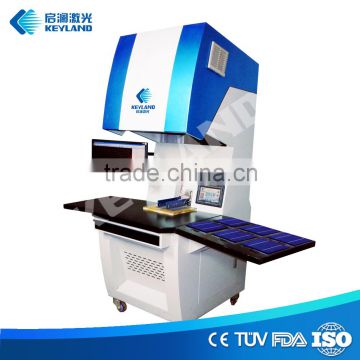 Keyland Solar cell tester and SorterUS$ 8,000 - 15,000MOQ: 1 SetJiangsu Keyland Laser Technology Co., Ltd.5 YRS
Keyland Solar cell tester and SorterUS$ 8,000 - 15,000MOQ: 1 SetJiangsu Keyland Laser Technology Co., Ltd.5 YRS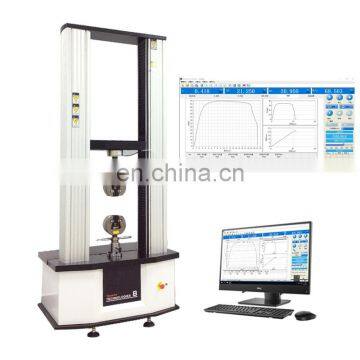 Brand new High Load cell tester with high qualityUS$ 3,500 - 11,000MOQ: 1 SetHongjing Test Instrument Co., Ltd.5 YRS
Brand new High Load cell tester with high qualityUS$ 3,500 - 11,000MOQ: 1 SetHongjing Test Instrument Co., Ltd.5 YRS DFUN Battery cell tester Lead Acid Battery Monitoring ControllerUS$ 18 - 55MOQ: 12 PiecesDFUN (ZHUHAI) CO., LTD.
DFUN Battery cell tester Lead Acid Battery Monitoring ControllerUS$ 18 - 55MOQ: 12 PiecesDFUN (ZHUHAI) CO., LTD.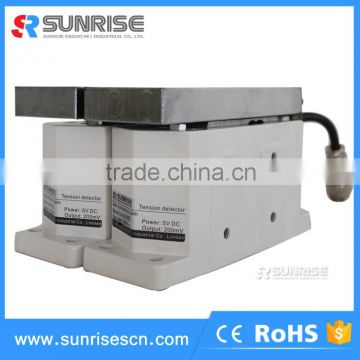 load cell testerUS$ 160 - 180MOQ: 1 PieceDongguan Sunrise Precision Electromechanical Technology Co., Ltd.
load cell testerUS$ 160 - 180MOQ: 1 PieceDongguan Sunrise Precision Electromechanical Technology Co., Ltd.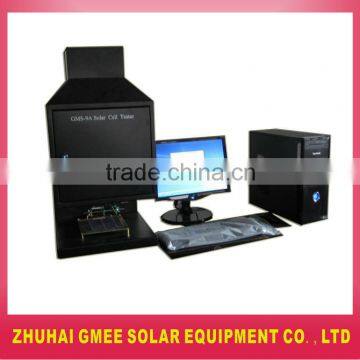 small PV solar cell tester GMS-9AUS$ 10,000 - 40,000MOQ: 1 SetZhuhai Gmee Solar Equipment Co., Ltd.
small PV solar cell tester GMS-9AUS$ 10,000 - 40,000MOQ: 1 SetZhuhai Gmee Solar Equipment Co., Ltd.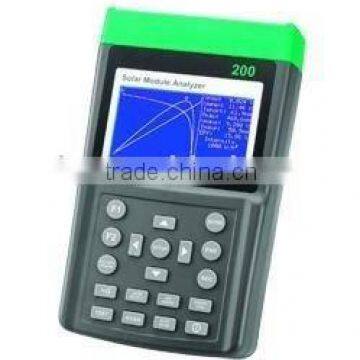 Solar panel power cell tester portableUS$ 500 - 1,000MOQ: 1 SetHangzhou Gigamega New Energy Tech Co., Ltd.
Solar panel power cell tester portableUS$ 500 - 1,000MOQ: 1 SetHangzhou Gigamega New Energy Tech Co., Ltd.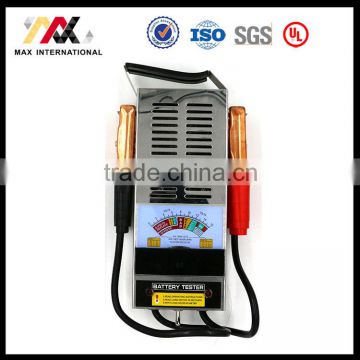 12V 200A Car Battery cell tester, Battery Load TesterUS$ 10 - 15MOQ: 10 PiecesGuangxi Max International Trading Co., Ltd.
12V 200A Car Battery cell tester, Battery Load TesterUS$ 10 - 15MOQ: 10 PiecesGuangxi Max International Trading Co., Ltd. Photovoltaic cell tester for Solar Panel Manufacturing Equipment LineUS$ 10,000 - 12,000MOQ: 1 SetNantong Reoo Technology Co., Ltd.
Photovoltaic cell tester for Solar Panel Manufacturing Equipment LineUS$ 10,000 - 12,000MOQ: 1 SetNantong Reoo Technology Co., Ltd.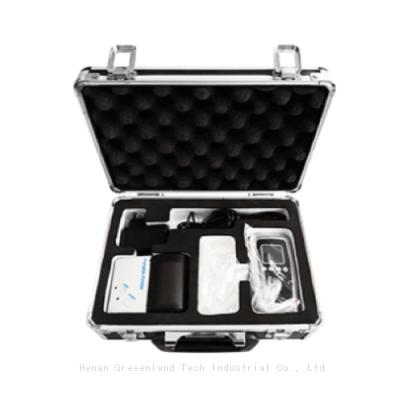 AT8100 Advanced Fuel Cell Alcohol TesterNegotiableMOQ: 20 PiecesHenan Greeenland Tech Industrial Co., Ltd
AT8100 Advanced Fuel Cell Alcohol TesterNegotiableMOQ: 20 PiecesHenan Greeenland Tech Industrial Co., Ltd

